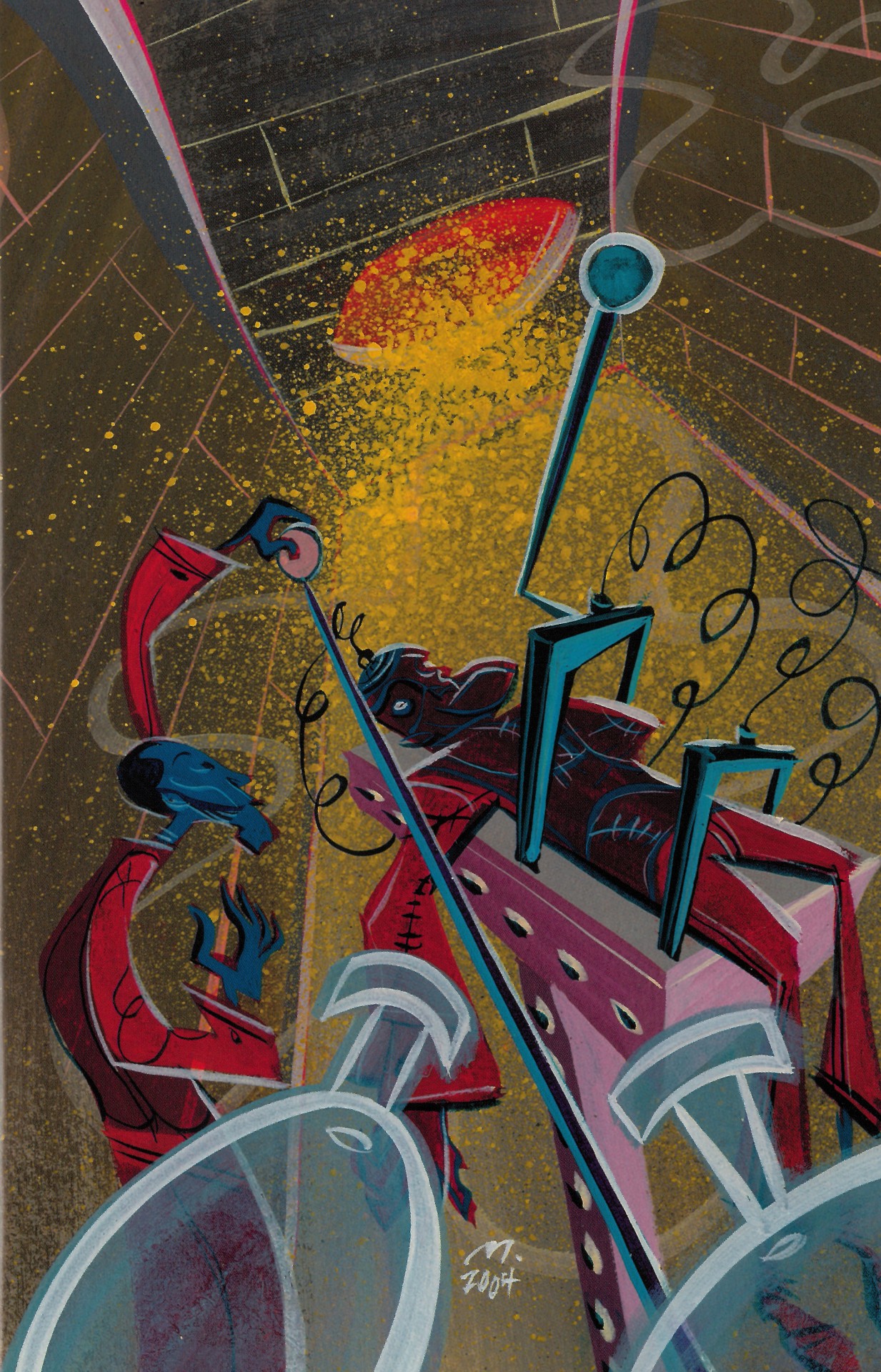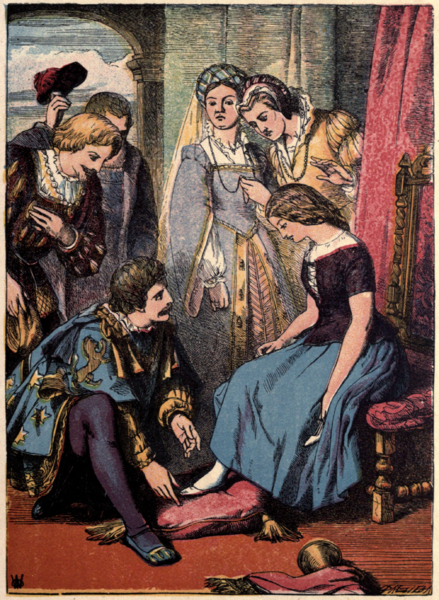Schedule
Dates: June 17-30, 2018 (2 weeks)
Location: University of Arkansas, Fayetteville, AR
Application Deadline: March 1, 2018 (notification date March 31, 2018)
Stipend: $2,100 (stipends are taxable and meant to cover travel, room, and meals for participants)
Institute Co-Directors: Dr. Sean P. Connors (English Education) and Dr. Lissette Lopez Szwydky-Davis (English)
Remaking Monsters and Heroines: Adapting Classic Literature for Contemporary Audiences offers K-12 educators new approaches to using and making multimedia adaptations in the classroom. The institute will focus on multimodal literacies using Frankenstein and Cinderella as its case studies. Readings and meetings will include discussions of historical contexts and literary concepts in relation to the source texts as well as theoretical approaches to their adaptations. The institute will also feature hands-on workshops to help teachers create assignments that will guide students in creating their own adaptations via blogs, video, podcasts, theater and performance, illustration, and sequential art.
Send inquiries to: AdaptLit@uark.edu.
Week One
In the first week of the Summer Institute, we will examine the following questions: “What are adaptations, and why might K-12 teachers consider teaching literature through popular culture forms?” In addition to examining Mary Shelley’s Frankenstein, which participants are expected to have read prior to attending the Institute, participants will also explore adaptations of this canonical text that span nineteenth-century drama, modern and contemporary film and television, as well as young adult fiction and graphic novels, including Kenneth Oppel’s This Dark Endeavour (2012), Gris Grimly’s Frankenstein (2013), and Michael Burgan and Dennis Calero’s Frankenstein (2014). Additionally, participants will attend plenary presentations and guest lectures from two visiting scholars in the area of adaptation studies: Thomas Leitch and Glenn Jellenik. To conclude the first week, participants will attend a presentation and workshop led by P. Craig Russell, an established cartoonist and illustrator whose graphic adaptations include children’s stories by Oscar Wilde, the work of Neil Gaiman, and Richard Wagner’s opera, The Ring of the Nibelung.


Week Two
The second week of the Institute will focus on adaptations of the Cinderella story, including versions by Charles Perrault (1697), Grimm’s Fairy Tales (1812), and other oral traditions and modern versions from around the world, including South Korea, China, Mexico, Vietnam, Indonesia, and the Caribbean. Additionally, participants will examine Marissa Meyer’s Cinder (2013), a young adult novel that reimagines Cinderella as a cyborg, and attend a local production of Adelita y su Caballo: A Cinderella Historia for Niños, a rodeo-inspired, bilingual play set in a primarily Mexican-American city. The Cinderella case study will emphasize the multicultural dimensions and possibilities of adaptation, including the process of translation as an act of adaptation, and has significant implications for addressing how we teach the humanities (literature, languages, history, art, and cultures) at all educational levels.
Inspired by a belief that planning and producing adaptations is as important as the process of reading and understanding literature, the Institute will also include regularly scheduled afternoon workshops during which participants will experiment with producing their own adaptations of literary texts and develop blueprints for guiding student-produced adaptations. These workshops will be facilitated by Institute faculty as well as invited writers, musicians, and visual artists with extensive experience creating their own adaptations. Participants will be asked to present their work on the final day of the Institute, at which time they will receive feedback from resident faculty and an Arts Integration Specialist. An expectation of the Institute is that each participant (or team of participants) will return to their home institutions having assembled an e-portfolio of sample work and ideas for incorporating theories and conceptions associated with adaptation, as well as newly developed digital skills and practices, into their teaching.